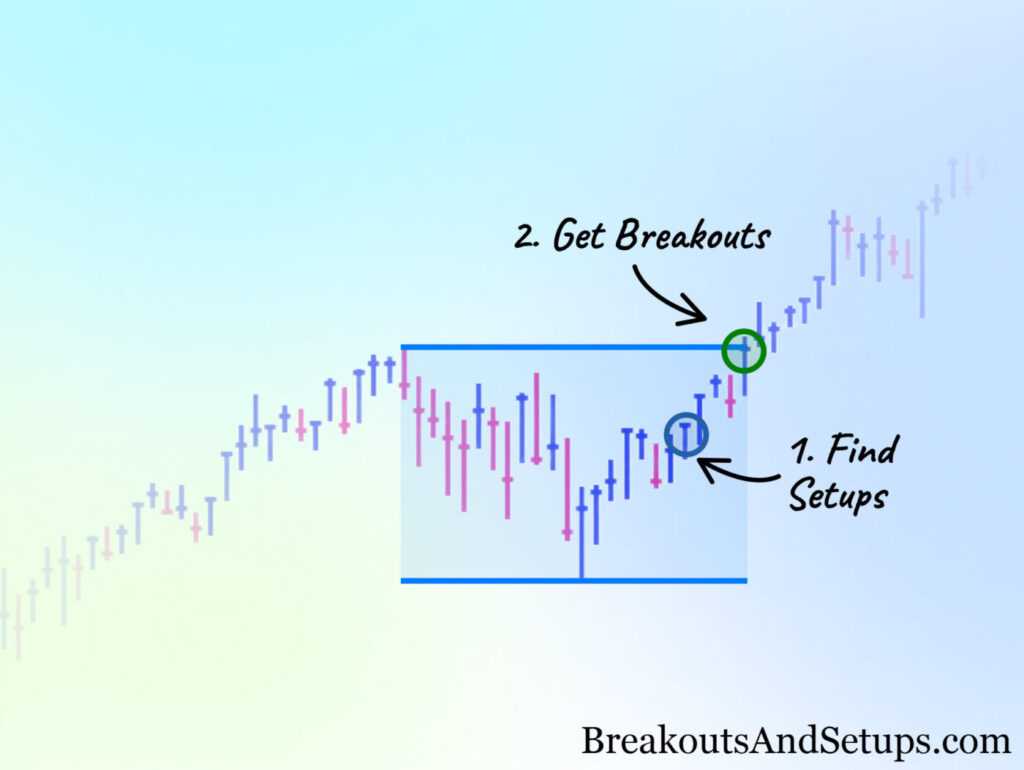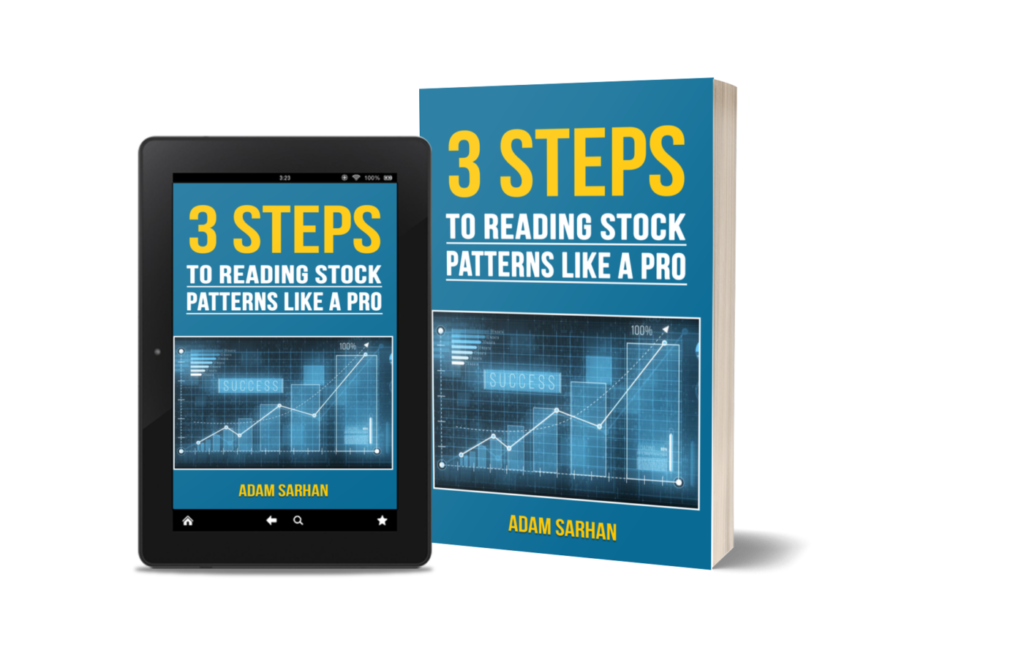
Valeant Pharmaceuticals plunged more than 45% after the once high-flying Canadian biotech company reported earnings, slashed guidance and warned of a potential default. There are many important lessons investors can learn (or relearn) from the collapse in $VRX and I will cover three of them today.
The Problems Behind Valeant’s Dizzying Descent
1: Don’t Fight The Tape
For the past few years, the stock was a huge winner and several large well-known hedge fund managers made a killing as they piled in and watched the stock soar. Then, VRX topped out at $263.81 in Aug 2015 and has plunged a whopping $228.71 or or nearly 87% to its current price of $35.10. Every great stock in history eventually needs to be sold. VRX reiterates this rule. This doesn’t mean that the stock doesn’t soar from here it just means that fighting the tape is futile for both your mental and physical capital. This lesson applies to both the long and short side. Investors who fight the tape are begging for a beating.
2: Respect Risk
The second lesson is to respect risk. Every major loss in Wall Street’s history could have been avoided if the investor respected risk. At the end of the day, we are all managing risk. Successful investors simply know how to manage it better than others. Irrespective of their individual investment approach, background or objective. If you win more than you lose, you will be around for a very long time. Lehman Brothers would not have failed had they followed this one simple rule. In fact, every major disaster in Wall Street’s history could have been avoided had investors respected risk. I’m not saying that asset prices would not decline. All I’m saying is that company’s and entire portfolios would not have been annihilated, during those inevitable declines.
3: Date, Don’t Marry, Your Positions
[su_rectangle_ad_right]Successful investors know that being flexible is important to being successful on Wall Street. When the “facts” change, it is important that you change your stance and adjust accordingly. The primary thesis that guides our investment philosophy is that: Human nature never changes. That is the one constant on Wall Street. Ego is your biggest enemy and falling in love with your investments, even when you are losing money is a common mistake so many people (both professional and individual alike) make on Wall Street. Admitting you are wrong (the faster the better) is very difficult for many people to do. Yet, it is a necessary trait to being successful in this business.





